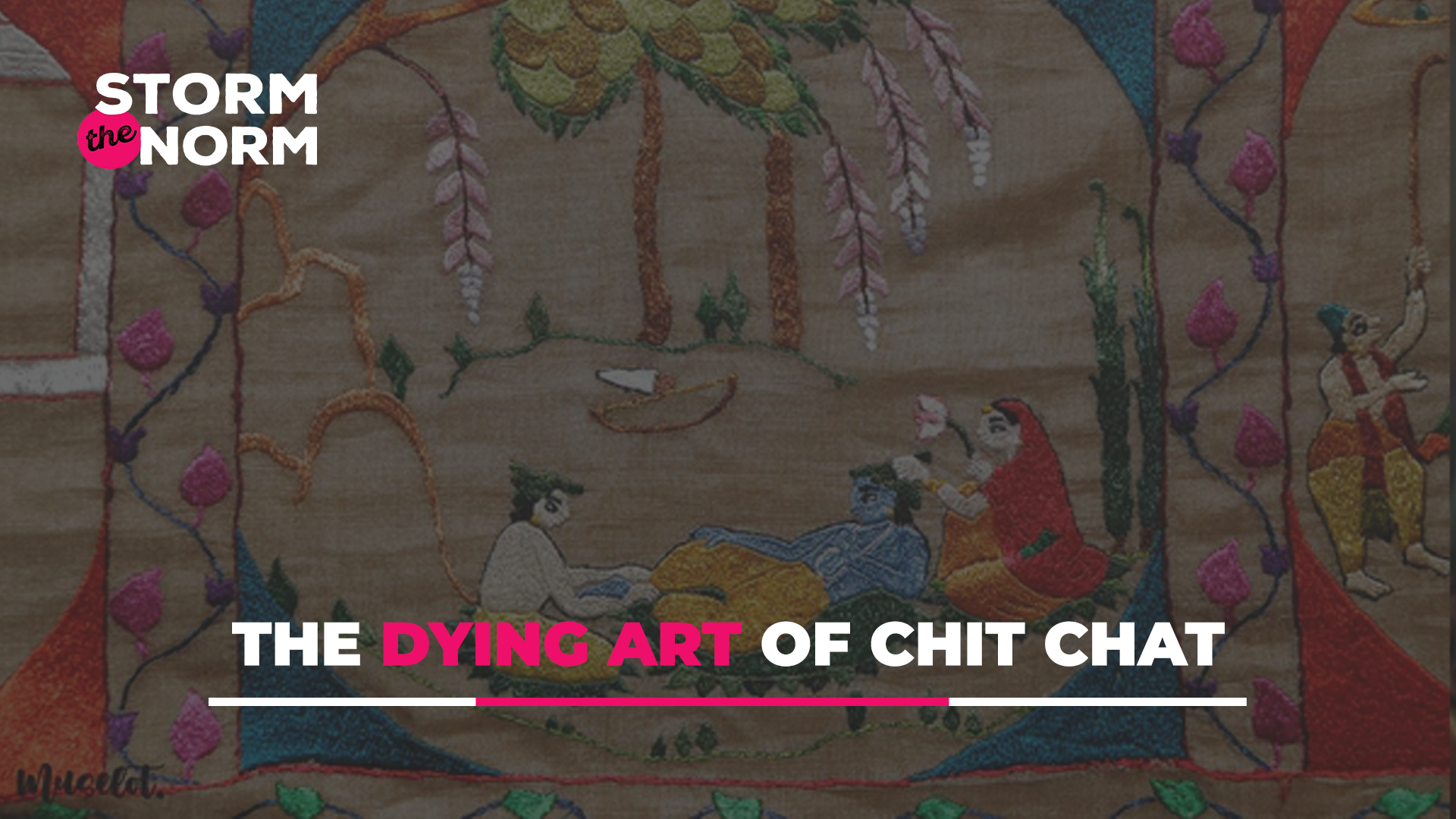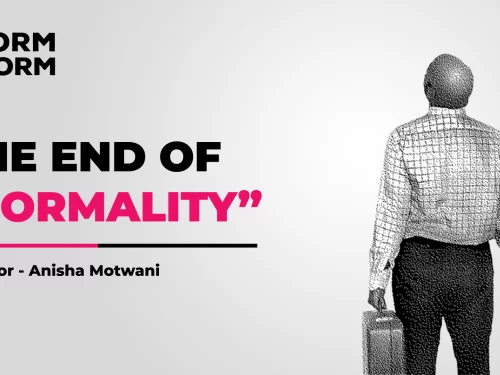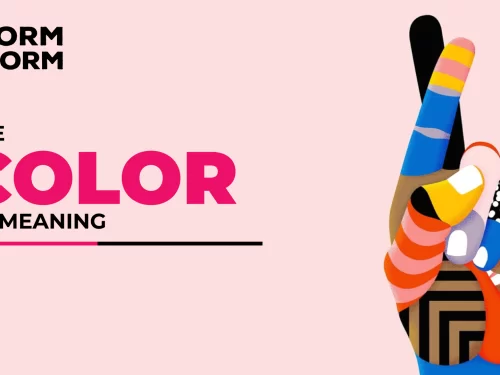
Are we loosing respect for the art of conversation?
The other day, I was sitting in the drawing room with my teenage son and daughter just chatting With both of them busy with their own agendas ( my son is appearing for his 12th board and my daughter busy trying to set up her own design shop) and I with my full time job; I must admit, that this in itself was a rare phenomena.
So we begin with general catching up about studies, a new show on Star World and ‘what would you like to eat for dinner’ kind of conversation. Ten minutes over and I can see that it’s a stuggle to keep the conversation flowing and in the next five minutes I notice that the heads go down and the screens on the mobile light up and I’ve lost their attention.
The situation is no different when you have some guests over and you so eloquently introduce your children hoping they’ll take a cue and strike atleast a few lines of intelligent conversation. But no use building your hopes…after a brief hello they’ll just carry on with their own lives silently hoping they’ll be left alone .
And this is not just about cross-generational conversations, even amongst the same age group cousins and relatives, I have noticed the conversation getting more and more mono-syllabic.
It sharply rewound me back to my growing up years where everybody just talked for time-pass. The community spirit of the 80’s where it was so easy to strike up a conversation.
The gali ,nukkad, aangan, chaubara, the neighbourhood paan shop were hubs for hours and hours of free-flowing conversation.
The profound chit chat ranging from politics and philosophy for men to aachar and pappad recipes for women. Children and their chores was another full time topic of conversation for mothers. As teenagers we could just pontificate at length about school teachers, next door boys, garish neighbouring aunts or just about any kind of gossip.
Irrespective of the place ot time of the day, it was easy to generate sackfuls of conversations in just a few hours of being together.
These social niceties used to bridge the gap felt by the reserved or the more awkward among us. As soon as one person started talking on any topic, it gave an opening for further converastion subsuming everyone in the conversation.
But all that has changed now. We no longer give the art of conversation the respect it is due. The omni-present and the all pervasive mobile phones have just hijacked our lives. And mind you, it’s not just the waking hours but also our sleep. The blinking red light indicating a new message is creating sleep disorders for many.
As you walk into the office, colleagues are so busy with their machines that few have the time to look up and wish a simple good morning. It’s as if people are concerned about appearing too nice or too free! If you have a new joinee in the office, beyond a brief hello, you don’t see anyone initiating a general chit chat to ease a person into his/her new workplace.
Surely that is just basic manners (and social etiqutte) to make a person feel welcome.
The funny thing is that if you take the intitaive and start making a conversaion, most people generally are nice and friendly, so it boggles me as to why are they so reluctant initially.
Are we loosing our basic social skills and the art of conversation?
It does seem like that because even Pope Francis in his annual message for the church’s world day of communication released on 23rd Jan this year said this and I quote “ The great challenge facing us today is to learn once again how to talk to one another , not simply how to generate and consume information”.
Mobile and Social media while at one level has helped far flung members stay connected, but has also enabled others to escape and avoid at will. The absence of visible emotions in interactions has given an opportunity to text one thing and mean something entirely different. After all, there is no fear of exposure!
Developmental psychologists studying the impact of mobile and texting worry especially about young people, not just because kids are such promiscuous users of the technology, but because their interpersonal skills — such as they are — have not yet fully formed. Most adults were fixed social quantities when they first got their hands on a text-capable mobile device, and while their ability to have a face-to-face conversation may have eroded in recent years, it’s pretty well locked in. MIT psychologist Sherry Turkle is one of the leading researchers looking into the effects of texting on interpersonal development. Turkle believes that having a conversation with another person teaches kids to, in effect, have a conversation with themselves — to think and reason and self-reflect. That particular skill is a bedrock of development.
I am sure that we do not want the subsequent generations to become aloof and lonely and loose the need to create better relationships by short-changing the complexity and messiness of human communication.
Too much texting, Turkle warns, amounts to a life of “hiding in plain sight.”
And the thing about hiding is, it keeps you entirely alone.




